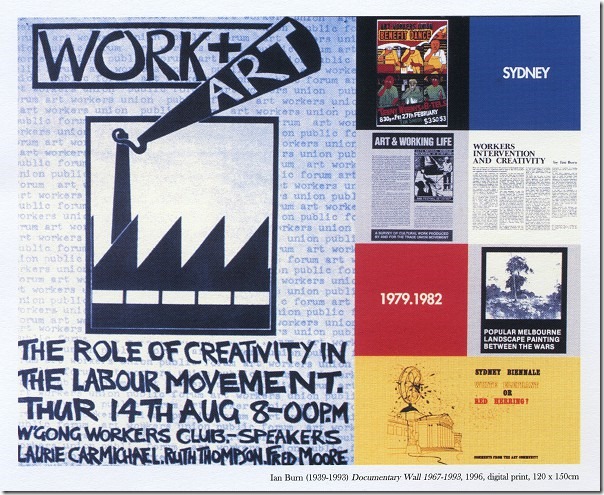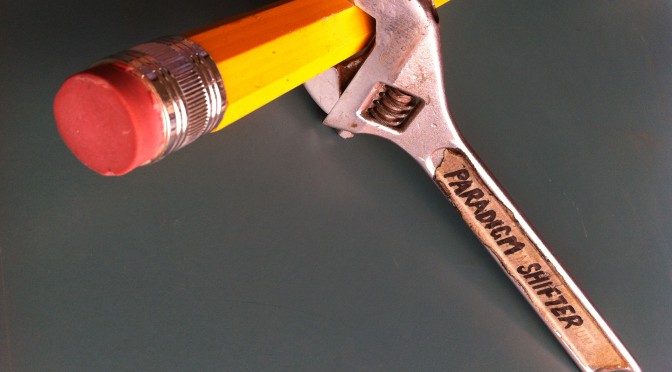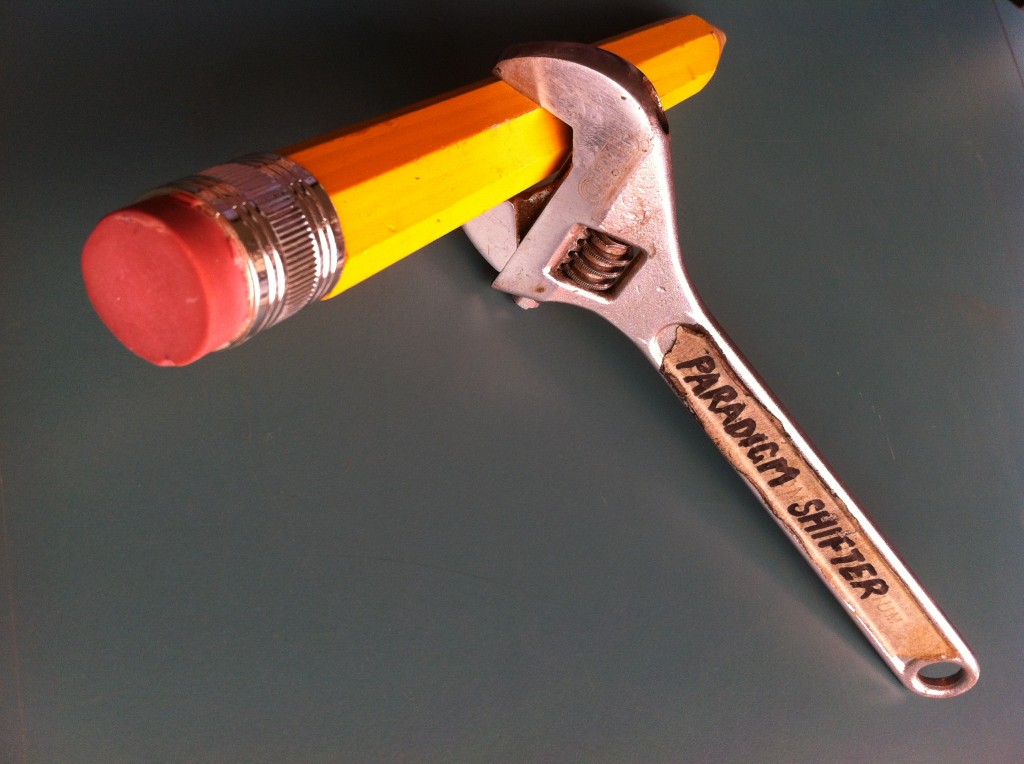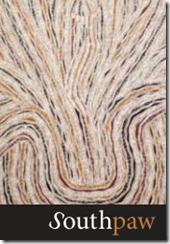
South Ways is a lateral conversation about alternative platforms for creative practice that are particular to the South. The first roundtable in Wellington concerned the connection to Māori practices of koha, or gift-giving, and the emerging field of ‘social practice’. This raised the need to frame creative works so that they might be reciprocated appropriately. The second roundtable in Melbourne dealt with the process of commodification and alternative ways of revealing the otherwise hidden labour that contributes to the cultural product.
The Melbourne roundtable was informed by the work of Boaventura de Sousa Santos, who articulated an epistemology of the South where ‘preference must be given to the form of knowledge that guarantees the greatest level of participation to the social groups involved in its design, execution, and control and in the benefits of the intervention.’ (Santos, 2007)
The roundtable discussed different models for art that reflects the social relations in its production. Matthew Butler presented the Zaishu Project as an attempt to create work that straddles art and design by giving participants a stake in the outcome. Inspired partly by street art in Chile, the project emerged in 2004 when the City of Melbourne with John So as mayor was cracking down on street art. Lanes were continually painted a band of white to deter stencil artists from leaving their work overnight. One day, Butler lined a lane with cheap construction site plywood and with help of curator Andy Mac invited street artists to work on them in a clandestine stencilling event. The results were exhibited as a pop up exhibition in the Australian Centre for Contemporary Art, along with DJ. The plywood was laser cut into slot together components to form the 52 stools and each artist was given one made from a random selection of works. The project has since involved hundreds of artists and gone on to include communities that include Bollywood poster painters in India, tribal artists in Fiji and is planned to go to Fitzroy Crossing in a project with Aboriginal youth.
Other projects were discussed:
- An exhibition of art by refugees to Melbourne will give over curatorial control to the participants (Damian Smith and Trinidad Estay)
- Work that uses the Mexican walking fish axolotl as a metaphor for cultural crossing (Diego Ramirez)
- Nick Mangan’s incorporation of the energy production into an art gallery (Laura Carthew)

Ian Burn (1939 - 1993), Documentary wall 1967 - 1996, Digital print, 120 x 150 cm, from 'The Artist and the Social Order' exhibition UWS Art Gallery 2009
There was broad discussion of artistic labour as a hidden component of public life. This included reflection on the pressure placed on the Sydney Biennale in the 1980s to feature more art and working life, led by artists such as Ian Burn. (Geoff Hogg)
Nathan Gray reflected on the criticism that artists who boycotted the Sydney Biennale because of Transfield sponsorship should also reject anything that has government funding. First, he argued that government funding is public money to be used for common good. ‘You wouldn’t think of banning someone from Medicare because they were critical of Julia Gillard.’ Second, as a payment for services, the artists are in a position of subsidising events such as the biennale. During discussions between the participating artists about the boycott, it was revealed that both Australian and international artists were paid the same rate of $1,500. This discussion highlighted the unpaid contribution many provide for an event that contributes to the value for sponsors such as Transfield.
To build on this discussion, the project What I got paid? was proposed where artists submit information about how much they were paid for their labour. Similar to the Wikileaks strategy, the purpose is to weaken the structures of power that are built on secrecy through a flood of classified information. This would open up lines of conversation by artists about the value of their labour. There is potential for such a venture to now only include information about payments, but also attribution, as the contribution of many technicians and craftspersons to creative products often go unrecognised.
In general, the sentiment of the roundtable was to support art that open about its sources of production. One means of revelation is from the bottom up, through platforms where producers can share information about their contribution to cultural products.
Participants
Ceri Hann, Damian Smith, David Corbet, Diego Ramirez, Geoff Hogg, Laura Carthew, Matthew Butler, Nathan Gray, Nikki Lam, Trinidad Estay
Reference
- Santos, Boaventura de Sousa. 2007. “Beyond Abyssal Thinking: From Global Lines to Ecologies of Knowledges.” Eurozine, July 26
- ‘Code of Practice for Partnerships in Craft & Design’ Sangam Project 2013









 Professor Kim Scott of Curtin University is one of Australia’s most signi?cant authors. His major works That Deadman Dance (2011), Benang (1999) and True Country (1993) have received a host of literary prizes including the Miles Franklin Literary Award, Victorian Premier’s Literary Award, Commonwealth Writers Prize, and Western Australian Premier’s Book Award. Professor Scott has also been named West Australian of the Year 2012 for his work in Indigenous language regeneration as well as his contributions to Australian literature.
Professor Kim Scott of Curtin University is one of Australia’s most signi?cant authors. His major works That Deadman Dance (2011), Benang (1999) and True Country (1993) have received a host of literary prizes including the Miles Franklin Literary Award, Victorian Premier’s Literary Award, Commonwealth Writers Prize, and Western Australian Premier’s Book Award. Professor Scott has also been named West Australian of the Year 2012 for his work in Indigenous language regeneration as well as his contributions to Australian literature. 


